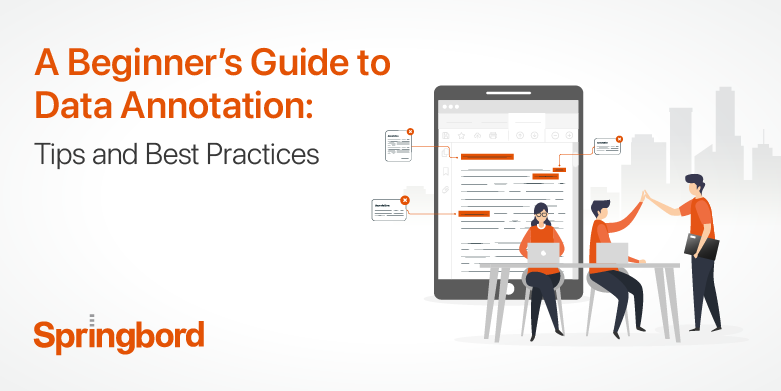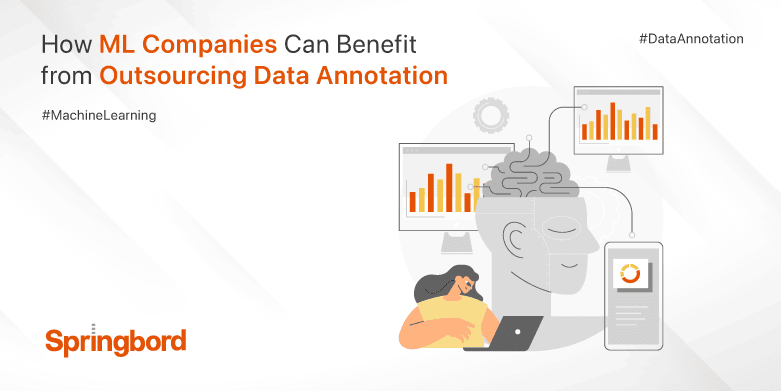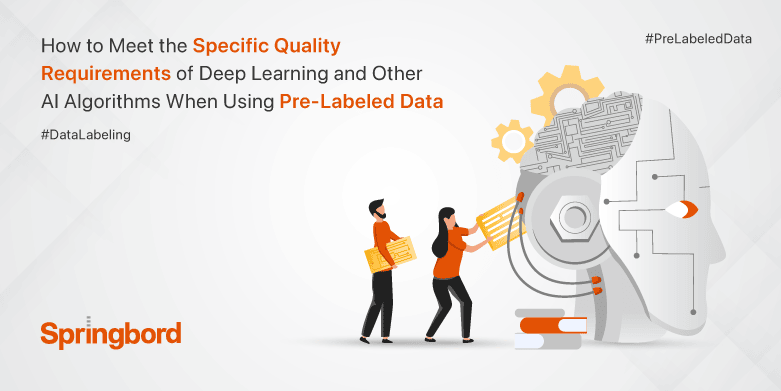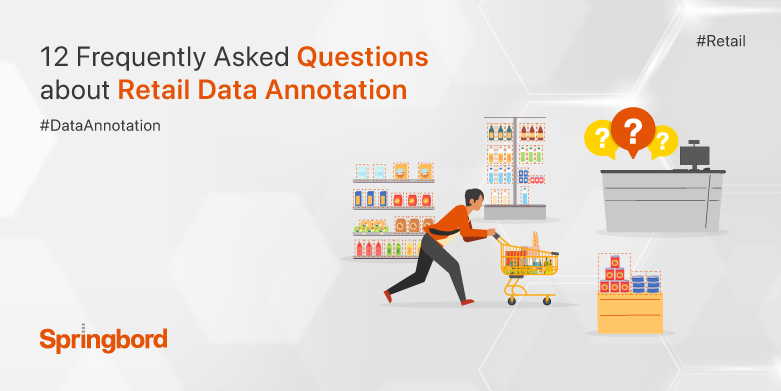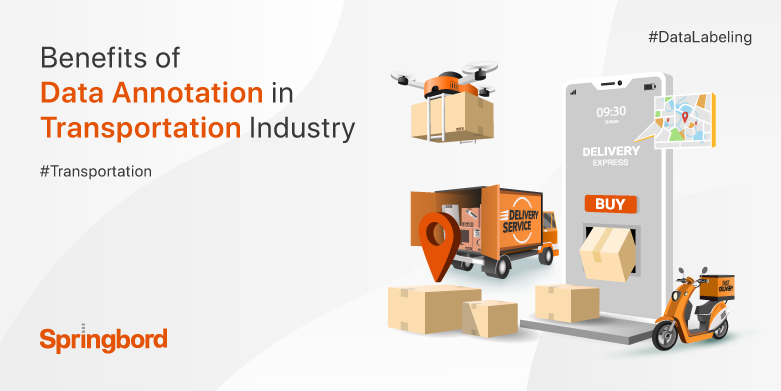M
E
N
U
As we get into the digital age, the ability to effectively use artificial intelligence (AI) and machine learning (ML) hinges significantly on the quality of data these technologies are fed. Data annotation is the process that ensures this quality by labelling data in ways that are meaningful for machines to process and learn from. This
Data annotation is a crucial process in the fields of artificial intelligence (AI) and machine learning (ML). It involves labeling data, and adding context and meaning to it, which can be used to train and improve the accuracy of algorithms. Essentially, data annotation is the process of creating training data for AI models to learn
Outsourcing data annotation involves hiring a third-party company to annotate data on behalf of the ML company. This can save a lot of time and effort for ML companies, as they can focus on their core competencies while the annotation work is done by the outsourcing partner. Outsourcing data annotation has many benefits, including increased
Large amounts of high-quality annotated training data are the foundation upon which successful machine-learning models are constructed. However, gathering this sort of high-quality information can be a time-consuming, tedious, and costly endeavor, which is why some businesses look for ways to automate the data annotation process. While at first glance automation seems like it would
Data annotation is crucial for retail businesses, but it comes with its own set of challenges. From determining the right annotation method to managing large data sets, retailers are often faced with various obstacles. Springbord has compiled a list of the most frequently asked data annotation challenges for retail and offers expert solutions to overcome
Labeling data for use in machine learning is called “data annotation,” and it is essential to have high-quality data sets for Machine learning. There is no doubt that the data labeling services and Data Annotation industry is growing rapidly around the world, as it is needed by numerous sectors, including the automotive, manufacturing, e-commerce, retail,


